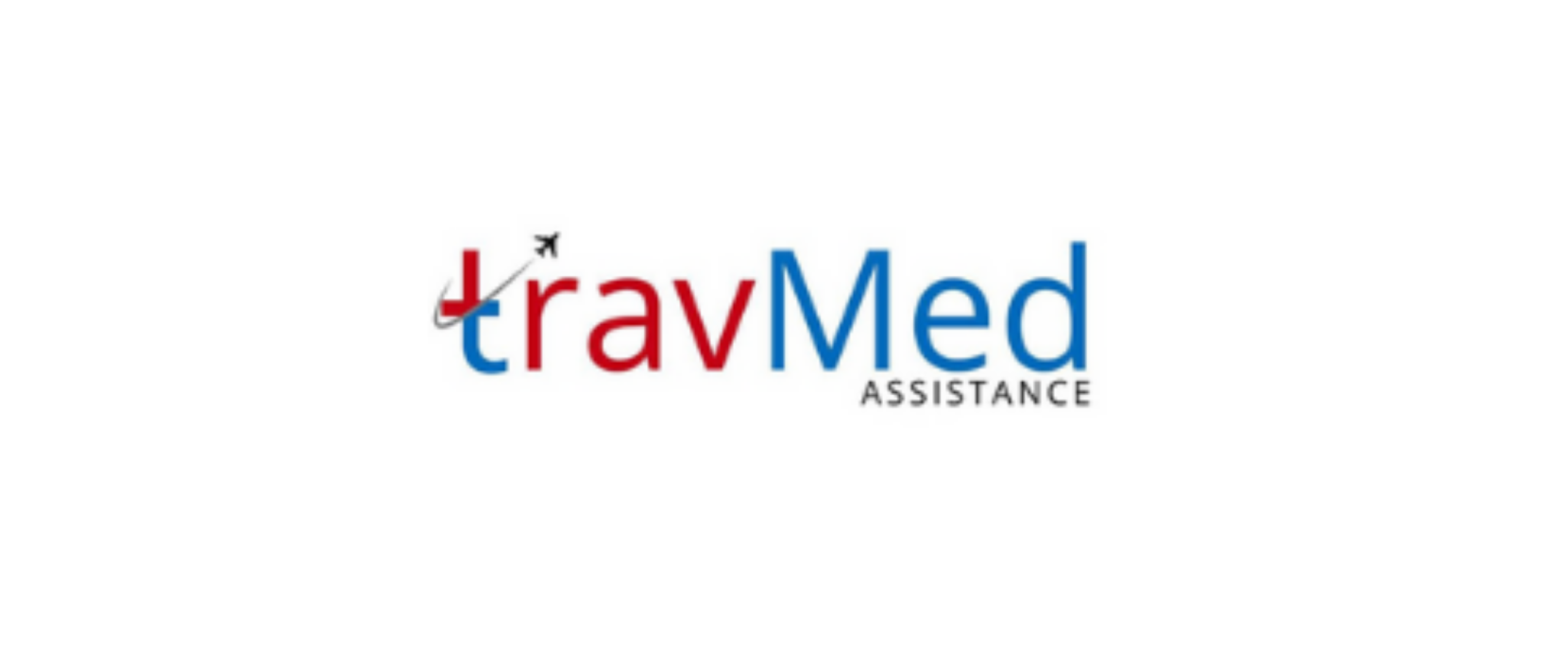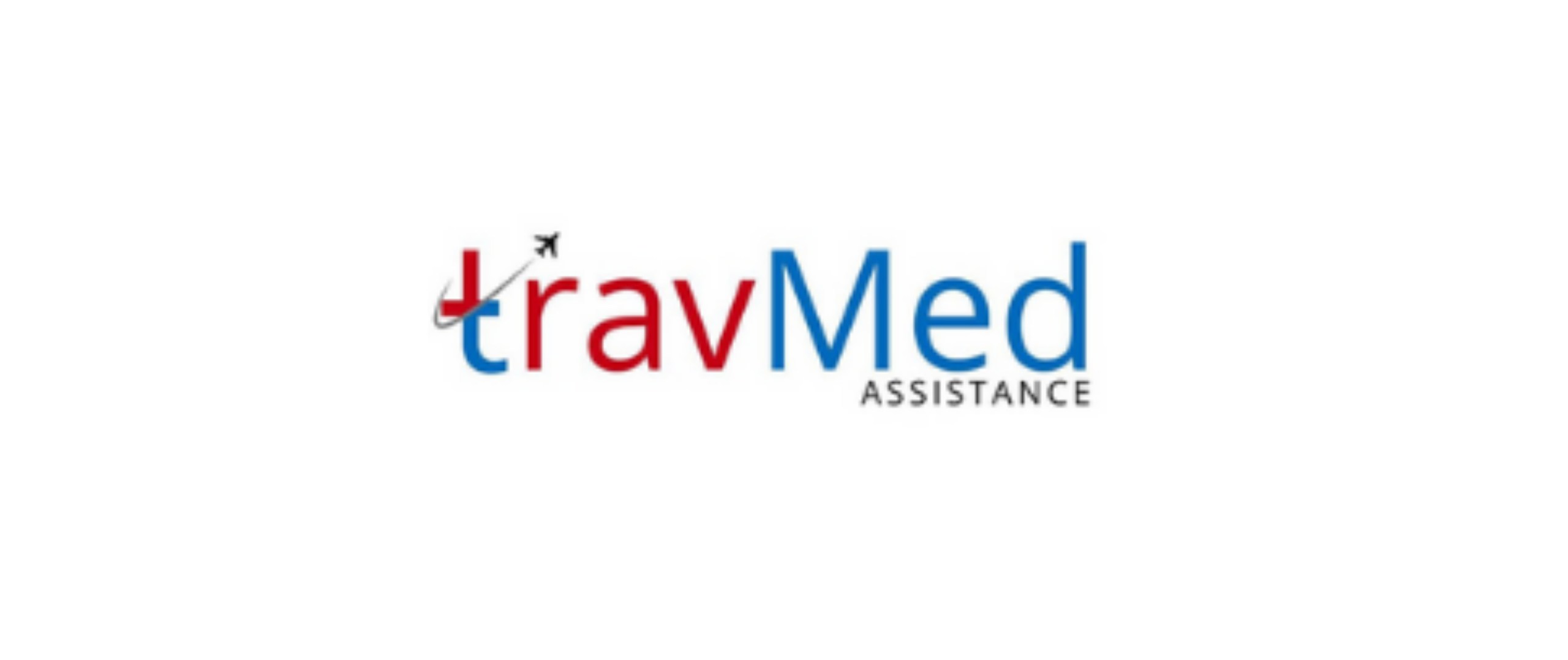
A medical provider for foreign insurance is a healthcare facility or professional that has agreements with international insurance companies to provide medical services to their policyholders when traveling abroad. These providers offer a wide range of medical care, from routine check-ups to emergency treatments, for foreign patients who have insurance coverage. In Nepal, these providers play a crucial role in ensuring that international visitors receive quality healthcare services while adhering to their insurance policies. They act as a bridge between the patient, the insurance company, and the local healthcare system, facilitating seamless medical care and claim processing for insured individuals seeking treatment in Nepal.
Who are the medical providers for foreign insurance in Nepal?
Nepal has several medical providers that cater to foreign insurance policyholders. Some of the prominent providers include:
- CIWEC Hospital and Travel Medicine Center
- Grande International Hospital
- Norvic International Hospital
- Medicity Hospital
- Nepal Mediciti Hospital
- Vayodha Hospital
- B&B Hospital
- Om Hospital and Research Center
- Alka Hospital
- Star Hospital
These facilities have established relationships with various international insurance companies and are equipped to handle a wide range of medical conditions. They offer specialized services for foreign patients, including multilingual staff, international standards of care, and assistance with insurance claim processing. Many of these providers are located in major cities like Kathmandu and Pokhara, ensuring accessibility for tourists and expatriates throughout Nepal.
How do medical providers work with foreign insurers?
Medical providers in Nepal collaborate closely with foreign insurers to ensure smooth healthcare delivery and claim processing for international patients. The process typically involves the following steps:
- Patient presents their insurance card and policy details upon arrival at the medical facility.
- Provider verifies the patient’s coverage with the insurance company.
- Medical facility obtains pre-authorization for treatment if required by the insurer.
- Provider delivers necessary medical services to the patient.
- Medical facility submits detailed bills and medical reports to the insurance company.
- Insurer reviews the claim and processes payment directly to the provider.
- Patient pays any applicable deductibles or co-payments as per their policy.
This system allows patients to receive prompt medical attention without worrying about upfront payments for covered services. Providers maintain regular communication with insurers to ensure compliance with policy terms and to resolve any issues that may arise during the treatment or claim process.
What documents are required for insurance-related services?
When seeking medical services through a foreign insurance provider in Nepal, patients typically need to present the following documents:
- Valid passport or government-issued identification
- Insurance policy card or number
- Policy details, including coverage limits and exclusions
- Pre-authorization letter from the insurance company (if required)
- Medical history and any relevant previous medical records
- Prescription medications and dosage information
- Emergency contact information
- Travel itinerary or proof of travel dates
- Credit card for any out-of-pocket expenses or deductibles
It’s advisable for patients to carry both physical and digital copies of these documents to ensure easy access in case of emergencies. Some providers may require additional documentation depending on the specific treatment or insurance policy. Patients should confirm the required documents with their insurance company and the medical provider before seeking treatment to avoid any delays in service.
How much do medical services for foreign insurers cost?
The cost of medical services for foreign insurers in Nepal varies depending on several factors, including the type of treatment, the facility chosen, and the specific insurance policy. Generally, prices for medical services in Nepal are lower compared to many Western countries, making it an attractive destination for medical tourism. However, costs can still be significant for complex procedures or extended hospital stays.
For example:
- A routine doctor’s consultation may cost between $20 to $50
- Basic diagnostic tests can range from $50 to $200
- Inpatient hospital stays may cost $100 to $500 per day, depending on the level of care required
- Major surgeries can range from $1,000 to $10,000 or more
It’s important to note that these are approximate costs, and actual expenses may vary. Most foreign insurance policies cover a significant portion of these costs, subject to policy limits and exclusions. Patients should review their insurance coverage carefully and discuss potential out-of-pocket expenses with both their insurer and the medical provider before undergoing treatment.
How long does it take to access medical providers?
Access to medical providers for foreign insurance policyholders in Nepal is generally quick and efficient. In most cases, patients can receive immediate attention for urgent medical needs. The timeframe for accessing medical services typically depends on the nature of the medical condition and the type of care required:
- Emergency services: Available 24/7 with immediate access
- Urgent care: Usually within a few hours of arrival at the facility
- Routine consultations: Often scheduled within 1-3 days
- Specialized treatments: May require 1-2 weeks for scheduling, depending on availability
Many providers in Nepal offer priority services for foreign patients, which can expedite the process. However, during peak tourist seasons or in cases of complex medical conditions requiring specific specialists, wait times may be longer. It’s advisable for patients to contact their chosen medical provider in advance, especially for non-emergency services, to ensure timely access to care and minimize waiting times.
Are services available for foreign patients in Nepal?
Nepal offers a wide range of medical services for foreign patients, catering to various healthcare needs. These services include:
- General medical consultations and check-ups
- Emergency and trauma care
- Specialized treatments in fields such as cardiology, orthopedics, and neurology
- Diagnostic services including laboratory tests and imaging
- Surgical procedures, both minor and major
- Dental care and cosmetic treatments
- Travel medicine and vaccinations
- Telemedicine consultations for follow-up care
Many hospitals and clinics in Nepal have dedicated international patient departments that provide personalized care for foreign visitors. These facilities often offer additional services such as language interpretation, assistance with travel arrangements, and coordination with international insurance providers. Some medical centers also specialize in alternative therapies like Ayurveda and traditional Tibetan medicine, attracting patients seeking holistic treatment options.
How reliable are medical providers for foreign insurance?
Medical providers for foreign insurance in Nepal are generally reliable and adhere to international standards of care. Many of these facilities have obtained accreditations from recognized organizations such as Joint Commission International (JCI) or ISO certifications, ensuring high-quality healthcare services. The reliability of these providers is further enhanced by:
- Experienced medical professionals, often trained in Western countries
- State-of-the-art medical equipment and facilities
- Strict adherence to international medical protocols and guidelines
- Regular audits and quality control measures
- Transparent billing practices and clear communication with patients and insurers
- Positive feedback and testimonials from previous international patients
However, as with any healthcare system, the quality of care can vary between providers. It’s recommended that patients research and choose reputable facilities, preferably those recommended by their insurance company or with a proven track record of treating international patients. Reading reviews, checking accreditations, and consulting with their insurance provider can help patients ensure they receive reliable medical care during their stay in Nepal.
How do I contact medical providers for foreign insurers?
Contacting medical providers for foreign insurers in Nepal is a straightforward process. Here are several methods to reach out to these providers:
- Direct phone call: Most providers have dedicated international patient helplines.
- Email: Send inquiries to the provider’s international patient department.
- Website contact forms: Fill out online forms for appointment requests or information.
- Through insurance company: Ask your insurer for assistance in contacting approved providers.
- In-person visit: Walk into the facility’s international patient desk for immediate assistance.
- Mobile apps: Some providers offer apps for easy communication and appointment booking.
- Social media platforms: Reach out via official Facebook or Twitter accounts.
- Travel assistance companies: Use services that specialize in connecting patients with providers.
When contacting providers, be prepared to provide your insurance details, a brief description of your medical needs, and any relevant medical history. It’s advisable to keep your insurance company informed about your communication with medical providers to ensure smooth coordination of care and claim processing.
Are services available 24/7 in Nepal?
Many medical providers for foreign insurance in Nepal offer 24/7 services, especially for emergency care. The availability of round-the-clock services includes:
- Emergency departments: Open 24/7 for urgent medical needs
- Inpatient care: Continuous monitoring and treatment for admitted patients
- Ambulance services: Available at any time for medical emergencies
- Pharmacy services: 24-hour pharmacies in major hospitals
- Laboratory and diagnostic services: Often available round-the-clock for urgent cases
- Telemedicine consultations: Some providers offer 24/7 remote medical advice
While emergency services are consistently available, non-urgent specialized care and elective procedures may have limited hours. It’s advisable to check with specific providers about the availability of particular services outside regular business hours. In tourist-heavy areas and major cities, medical facilities are more likely to offer comprehensive 24/7 services to cater to the needs of international patients at all times.
Are providers recognized by international insurance companies?
Many medical providers in Nepal are indeed recognized by international insurance companies. This recognition is crucial for ensuring that patients can receive covered medical services without complications. The process of recognition typically involves:
- Rigorous vetting of the provider’s facilities and services
- Verification of medical staff qualifications and experience
- Assessment of the provider’s billing practices and financial stability
- Evaluation of the provider’s ability to meet international standards of care
- Establishment of direct billing agreements between the provider and insurer
Recognized providers are often listed in the insurance company’s network of approved facilities. Patients can usually find this information in their policy documents or by contacting their insurance company directly. It’s important to note that recognition status can change, so it’s advisable to verify a provider’s current status with the insurance company before seeking treatment.
How is the quality of care ensured for insured patients?
Quality of care for insured patients in Nepal is ensured through various mechanisms and practices:
- Accreditation: Many providers maintain international accreditations that require adherence to strict quality standards.
- Regular audits: Both internal and external audits are conducted to assess and improve service quality.
- Continuous training: Medical staff undergo regular training to stay updated with the latest medical practices.
- Patient feedback systems: Providers actively seek and respond to patient feedback to improve services.
- Quality control measures: Strict protocols are in place for infection control, medication management, and patient safety.
- Collaboration with international partners: Many facilities partner with renowned international hospitals for knowledge exchange.
- Insurance company oversight: Insurers monitor the quality of care provided to their policyholders and may conduct their own assessments.
- Government regulations: Compliance with Nepal’s healthcare regulations and standards is mandatory.
- Transparent reporting: Many providers publish quality metrics and patient satisfaction scores.
- Case reviews: Regular reviews of patient cases are conducted to identify areas for improvement.
These measures collectively work to ensure that insured patients receive high-quality medical care that meets or exceeds international standards. Patients are encouraged to actively participate in their care process and provide feedback to help maintain and improve the quality of services.


